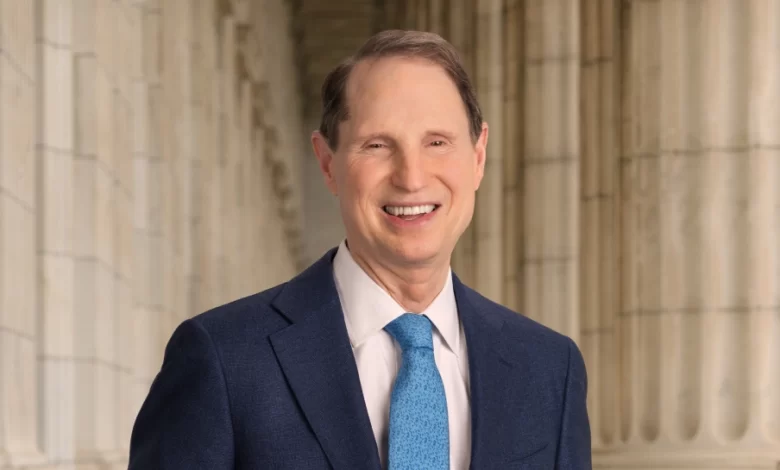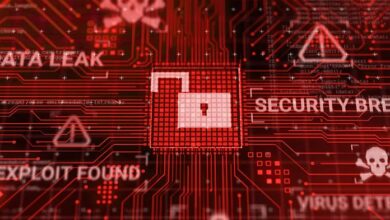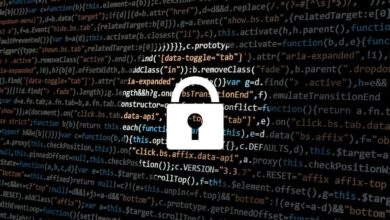Sen. Wyden Urges HHS To Raise Healthcare Cybersecurity Standards

Senator Ron Wyden (D-Ore.) is pressing the U.S. government to accelerate cybersecurity enhancements within the healthcare sector following the devastating Change Healthcare ransomware attack that exposed the protected health information of nearly a third of Americans.
In a letter to Xavier Becerra, secretary of the U.S. Department of Health and Human Services, Wyden urged HHS to implement immediate, enforceable steps to improve “lax cybersecurity practices” of large healthcare organizations.
“It is clear that HHS’ current approach to healthcare cybersecurity — self-regulation and voluntary best practices — is woefully inadequate and has left the health care system vulnerable to criminals and foreign government hackers.” – Wyden.
He stated that the sub-par cybersecurity standards have allowed hackers to steal patient information and disrupt healthcare services, which has caused “actual harm to patient health.”
MFA Could Have Stopped Change Healthcare Attack
The call from Wyden comes on the back of the ransomware attack on Change Healthcare — a subsidiary of UnitedHealth Group — which, according to its Chief Executive Officer Andrew Witty, could have been prevented with the basic cybersecurity measure of Multi-Factor Authentication (MFA).
The lack of MFA on a Citrix remote access portal account that Change Healthcare used proved to be a key vulnerability that allowed attackers to gain initial access using compromised credentials, Witty told the Senate Committee on Finance in a May 1 hearing.
“HHS’ failure to regulate the cybersecurity practices of major health care providers like UHG resulted in what the American Hospital Association has described as the worst cyberattack against the healthcare sector in U.S. history.” – Wyden
The use of MFA is a fundamental cybersecurity practice that HHS should mandate for all healthcare organizations, Wyden argued. He called for the implementation of broader minimum and mandatory technical cybersecurity standards, particularly for critical infrastructure entities that are designated as “systemically important entities” (SIE) by the U.S. Cybersecurity and Infrastructure Security Agency.
“These technical standards should address how organizations protect electronic information and ensure the healthcare system’s resiliency by maintaining critical functions, including access to medical records and the provision of medical care,” Wyden noted.
He suggested that HHS enforce these standards by requiring Medicare program participants to comply.
Wyden’s Proposed Cybersecurity Measures for HHS
Wyden said HHS should mandate a range of cybersecurity measures as a result of the attack.
“HHS must follow the lead of other federal regulators in mandating cybersecurity best practices necessary to protect the healthcare sector from further, devastating, easily-preventable cyberattacks,” Wyden argued.
The Democratic senator proposed several measures to enhance cybersecurity in the healthcare sector, including:
- Mandatory Minimum Standards: Establish mandatory cybersecurity standards, including MFA, for critical healthcare infrastructure.
- Rapid Recovery Capabilities: Ensure that organizations can rebuild their IT infrastructure within 48 to 72 hours following an attack.
- Regular Audits: Conduct regular audits of healthcare organizations to assess and improve their cybersecurity practices.
- Technical Assistance: Provide technical security support to healthcare providers.
Wyden criticized HHS for its current insufficient regulatory oversight, which he believes contributes to the ongoing cyberattacks harming patients and national security.
“The current epidemic of successful cyberattacks against the health care sector is a direct result of HHS’s failure to appropriately regulate and oversee this industry, harming patients, providers, and our national security,” Wyden said. He urged HHS to use all of its authorities to protect U.S. healthcare providers and patients from mounting cybersecurity risks.
The State of Ransomware in Healthcare
The healthcare sector was the most common ransomware target among all critical infrastructure sectors, according to FBI’s Internet Crime Report 2023.
The number of attacks and individuals impacted have grown exponentially over the last three years.
“In 2023, 46 hospital systems with a total of 141 hospitals were impacted by ransomware, and at least 32 of the 46 had information, including protected health information, stolen.” – Emsisoft
A study from McGlave, Neprash, and Nikpay from the University of Minnesota School of Public Health found that in a five-year period starting in 2016, ransomware attacks likely killed between 42 and 67 Medicare patients. Their study further observed a decrease in hospital volume and services by 17-25% during the week following a ransomware attack that not only hit revenue but also increased in-hospital mortality among patients who were already admitted at the time of attack.
HHS Cybersecurity Response
HHS announced in December plans to update its cybersecurity regulations for the healthcare sector for the first time in 21 years. These updates would include voluntary cybersecurity performance goals and efforts to improve accountability and coordination.
The Healthcare and Public Health Sector Coordinating Council also unveiled a five-year Health Industry Cybersecurity Strategic Plan in April, which recommends 10 cybersecurity goals to be implemented by 2029.
Wyden acknowledged and credited the latest reform initiatives from HHS and the HSCC, but remains concerned about the lengthy implementation timeline, which he said requires urgency when it comes to the healthcare sector.
The latest letter follows Wyden’s request last week to the SEC and FTC to investigate for any negligence in cybersecurity practices of UnitedHealth Group. HHS is currently investigating the potential UHG breach that resulted in the exposure of protected health information of hundreds of thousands of Americans.



